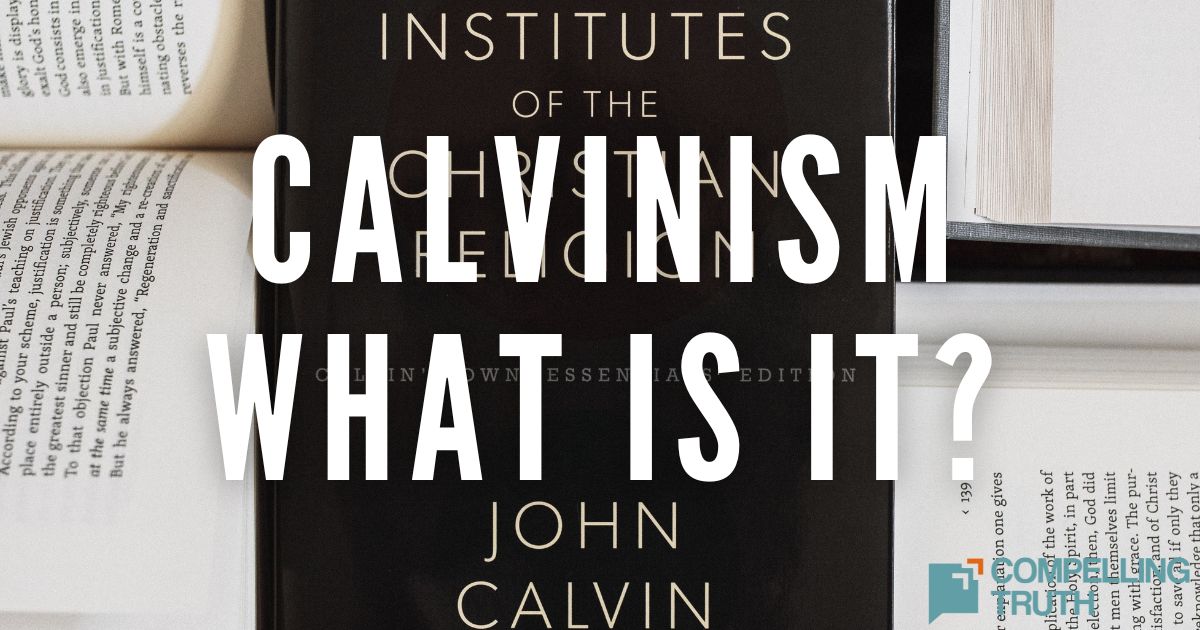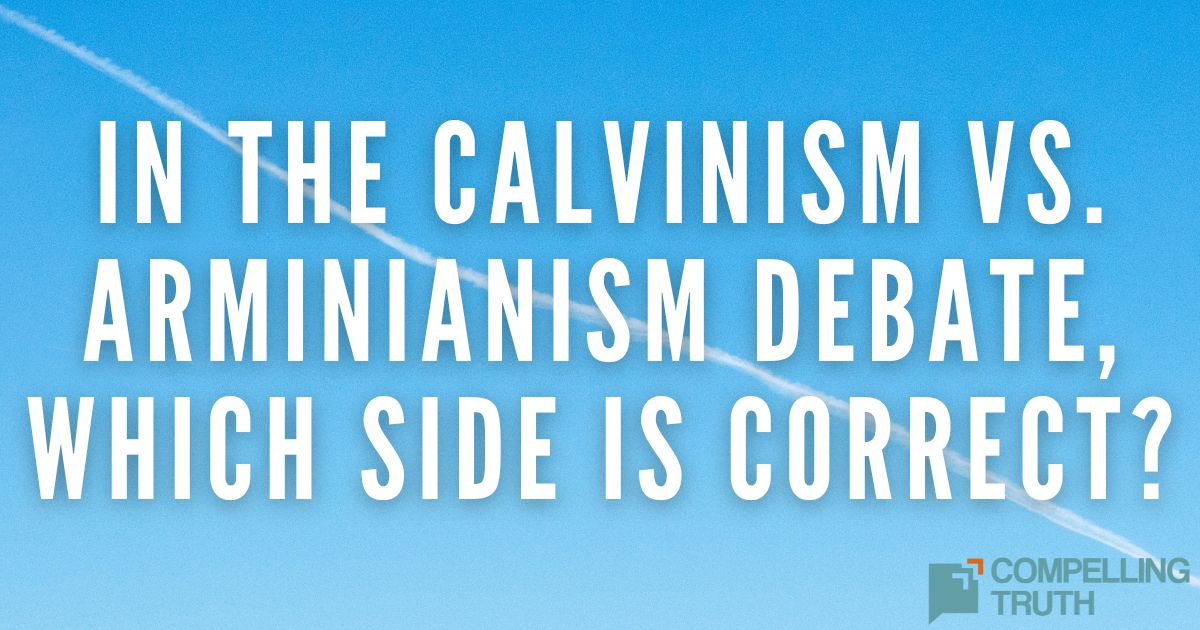what does the bible say?
Reformed theology is not a single doctrine but a comprehensive system of theology based on the belief that God is sovereign over everything and that His Word is the ultimate authority. Its core truths include salvation by grace through faith (Ephesians 2:8-9), the sufficiency of Scripture (2 Timothy 3:16-17), and the glory of God as the ultimate purpose of all creation (Romans 11:36).
Those within the Reformed tradition often affirm doctrines summarized in the “Five Solas” of the Reformation: Scripture alone, Christ alone, grace alone, faith alone, and to God’s glory alone. Reformed theology also highlights the severity of human sin (Romans 3:23), God’s role in initiating salvation (Romans 9:16), and the perseverance of believers (Philippians 1:6). These core beliefs are most notably reflected in Calvinism’s teaching on salvation, covenant theology’s framework for understanding redemptive history, and confessional statements like the Westminster Confession of Faith.
While Reformed theology is often associated with covenant theology and tends to reject dispensational systems, it is more accurate to say that most within the tradition are non-dispensational.Though less common, someone can identify as Reformed in their soteriology (doctrines of salvation) while also holding dispensational views of eschatology.




